Stuck In A Time Eddy! Time Wars Part II: Making Your Own Wargame…
April 10, 2015 by crew
I think, although I may be wrong, that when I was young, we garage geeks, mother's dining-table destroyers and bed-room board gamers had three options...
The first was the amazing range of war games that Games Workshop produced in the mid 90's including 2nd Edition Warhmmer 40K, Necromunda, Gorkamorka, Bloodbowl, Fantasy, Epic and a few more.
The second was MB, effectively as an off shot of GW. The main ones I recall are Space Crusade (basically, Space Hulk with different bad guys) and the classic HeroQuest.
The third was, what I believe is a lost art, making your own game. If I'm correct and this art is becoming lost, perhaps I'm one of the last generation and I should, at least, attempt to pass on my most recent experience that I and my fellow writer Ant discovered over our process with our latest game, Doctor Who - Time Wars. My hope is that I might inspire you to give it a go and make your own game.
Picking A Narrative
So first of all you need to base your game on a background. This will help to bring your gamer's mind into your game. When I worked at Games Workshop, our introduction games were not about teaching the new gamer the rules, but make them imagine the narrative. We would be telling a story of the battle, describing things, and most of all how the troops effect it all. This will be your first challenge. Selling the story to gamers.
You will have three main focuses...
1) Historical - This is most likely the easier of the three. Instantly your gamers can imagine what it's going to be like. For example, if you said, the Roman Invasion of Britain. Regardless of scale, you could be thinking of 10mm scale mass battles or around one hundred 28mm miniatures per side. The imagery is still the same. Well trained, armed and armoured, regimented Romans fighting hordes of Celtic warriors. The other joy of this is the models in most scales are easy to find.
2) Based on... - This is, like the above, a very easy way of getting the gamer engaged. So you could say Planet of the Apes and I'd be instantly imagining that one side has a army of apes and monkeys facing off against humans. You could also perhaps say Games of Thrones? I'm thinking 10mm scale with historical miniatures since they fit in well with the arms and armour of Westeros. Your difficulties will be copyright. This will stop you going outside your group of fellow wargamers and in most cases having to make your own miniatures.
We went for Doctor Who with our game. We actually went for the Doctor Who universe as the Doctor himself doesn't play a key role in the wargame itself. This will appeal to fans of Doctor Who, but I've also found that other gamers can still get a lot out of it.
Even if the player isn’t a big Who fan most still know who the Daleks are. They'll be able to understand and imagine what that large squad of Daleks will do to the opponents humans when they roll into his lines or maybe what the effect will be of firing small arms at Cybermen! Also, when a Non-Whovian wants to know more, the internet, books and DVDs are ready for them.
3) Making Your Own World - This has two problems; making your own models and making a world for your player to get into. The best recent example of this I can think of is Infamy - Welcome to the Big Smoke. A game I seriously look forwards to playing. The Steampunk world they have created is fantastic and the individual design of the characters, artwork, and background stories has been a joy to check out.
It must have been a task, but with all that work has come an amazing looking game with some equally amazing looking miniatures. It also helps that they drew on existing literary characters to bulk up their world but it also leaves room for new and original characters too.
Picking A Scale
Scale decisions should rest on how big you want your models, and more importantly how big you want your games. You really need to think about this...
One game on my shelf still awaiting my attention is Zulu. I have gone for 10mm models with small detachments of British. This way the 6x4 board makes the world your little guys are in feel massive and gives a real sense of tactical movement as you negotiated the terrain.
We went for 10mm for our Doctor Who game thanks to that particular feel allowing for a single detachment of five to ten squad to feel like they are down in the midst of a massive battlefield from skirmish size games all the way up to full scale wars. It certainly has an epic feel.
Making The Rules
Once you have the above you should have an idea of how your individuals/squads/regiments are going to interact with each other. You'll have an idea of how big your army is going to be, how many models you'll need and a basic feel for some rules.
This is also where you start to think about how your game will differ from others. Will you be getting rid of some of the annoyances you felt with a system you often play? It might be a good idea to keep it simple or maybe you feel you can make it more complex. The amount of different units you have might also make up your mind for you.
You need to think of how your commanders and leaders will interact and effect your troops too. Are they on the battlefield inspiring and shouting at a small amount of men or are they off the battlefield directing a platoon size force, perhaps over the radio, calling to other squad Commanders? Maybe they have the same view of the battlefield that you as a wargamer do.
In our game, the leader is on the field, calling out orders to squads to help improve them. They are in charge of the detachment and ultimately if the men start getting slaughtered in battle or running away it's down to your commander to bring everything back into order.
I think having two writers or at least someone to bounce ideas off is a good plan. Yes, there have been a few arguments, in fact quite a few. I remember one instance in particular when we were on a walk along a old mining railway line in the countryside. I remember we were discussing Sontarans and the fact that they get tired and how this would effect the rules. This caused such a "heated discussion" and Ant almost ended up being killed (or more likely me dying, he's a big guy).
As we argued our points, using past personal history, name calling, bad language, hurtful personal info (instead of factual points to help our rules - I actually had to plan how I would get rid of his body) I made a plan in my head and it became apparent that having two writers is good. If you try and find fault with each others rules, yes it is annoying, it will end up making for better rules in the end. If you don't find a fault, then it's all good too!
We do write our separate sections of the rules (I did mainly army lists while Ant did the main rules) but only about 10% of it is separate in front of our computers with 90% of creative rules making was done, as I talked about before, out in the country side of Durham. Talking about problems we found while writing separately.
You could think up your rules indoors but we are a new breed of day walkers, eating a packed lunch over a view of England. It really helps ease the mind into coming up with interesting facets of your game.
Play Testing
After you have the main rules scribbled down in you note pad, get a group of mates together and play. First play the simple version, find problems, walk and talk then rewrite. Then play again, find problems, walk and talk and rewrite again. Once you have it, add new bits, try different missions or larger games, find faults, walk and talk and rewrite. I think you can see the pattern forming...
Looking back it took around one month to write the main rules and around three years of play testing and walking discussions to get it to what is almost a finished rule book.
That's where we are at right now. Have a think and give it a try, enjoy the experience and keep on going even in the hard times. It is very much worth it.
My next article will be on my sculpting and how you can easily make your own models with very little experience. Trust me. We'll also talk about how to get your sculpts casts for a lot less than you would think too. On top of that we'll discuss scale and how important that became as a discussion point. We've touched on it already in this particular piece.
If anyone wants a copy of our PDF Time Wars Rules please PM me! To find out more about that see Part One of Stuck in a Time Eddy including a Doctor Who battle report see HERE.
If you would like to write an article for Beasts of War then please contact me at [email protected] for more information!
"I should, at least, attempt to pass on my most recent experience that I and my fellow writer Ant discovered over our process with our latest game, Doctor Who - Time Wars..."
Supported by (Turn Off)
Supported by (Turn Off)
"I think having two writers or at least someone to bounce ideas off is a good plan. Yes, there have been a few arguments, in fact quite a few..."
Supported by (Turn Off)


































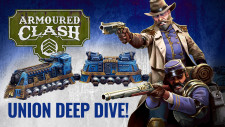

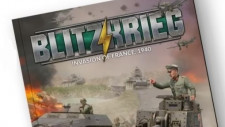




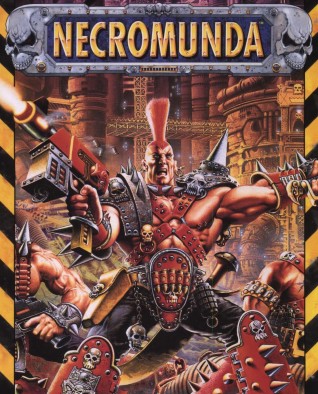
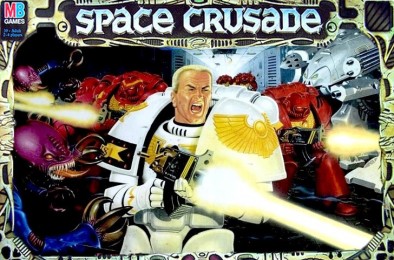
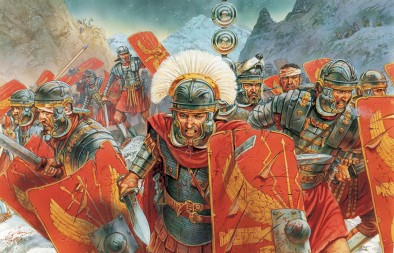
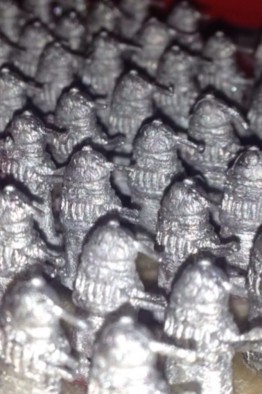
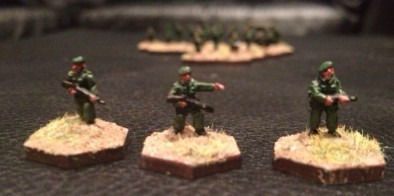

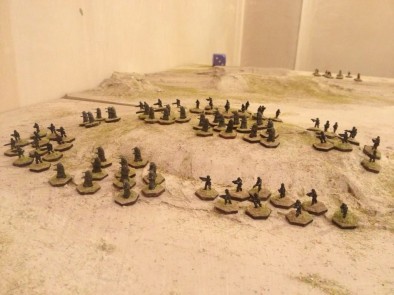
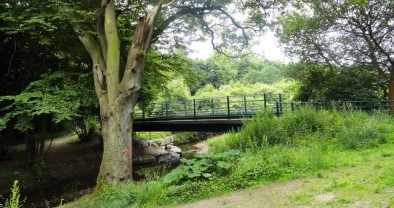
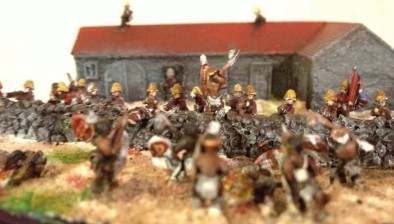


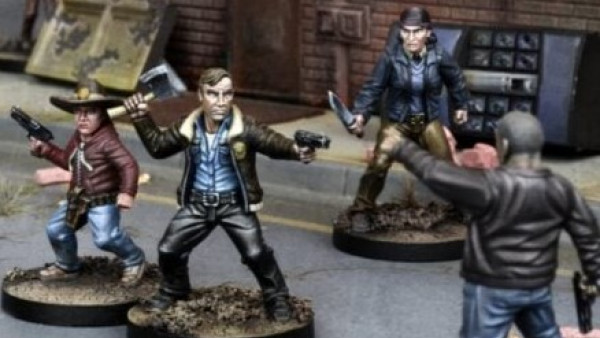


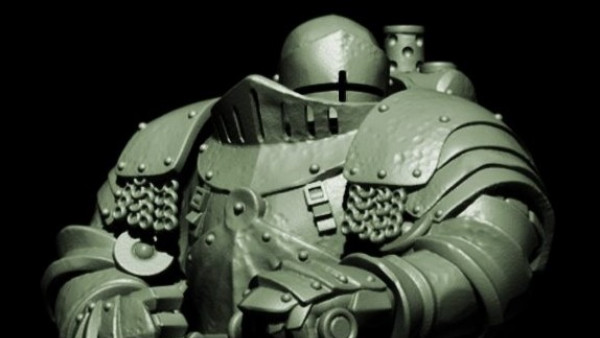
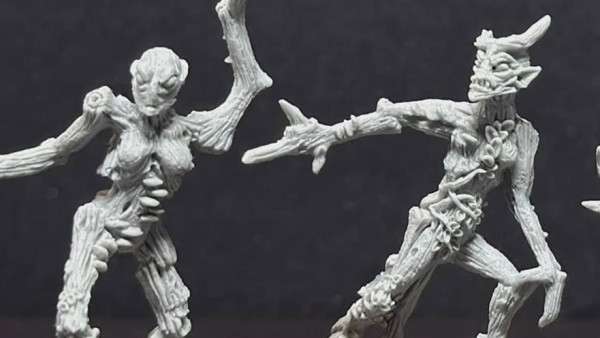
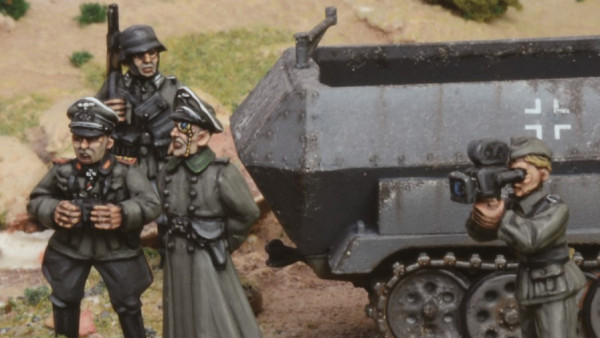


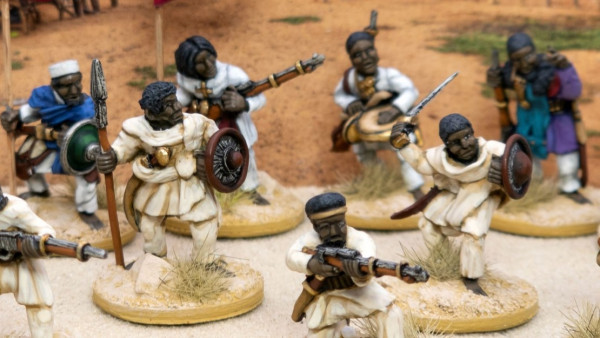
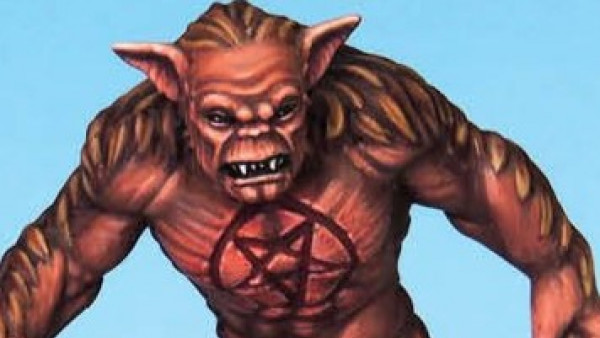
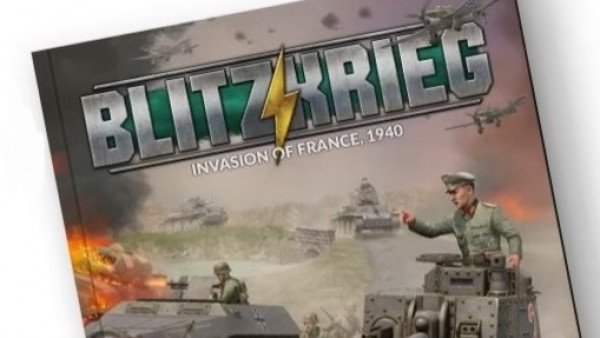
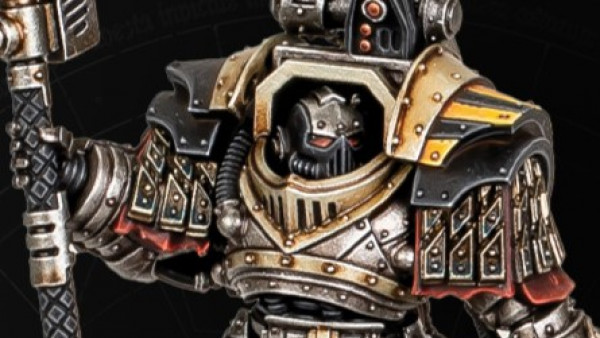
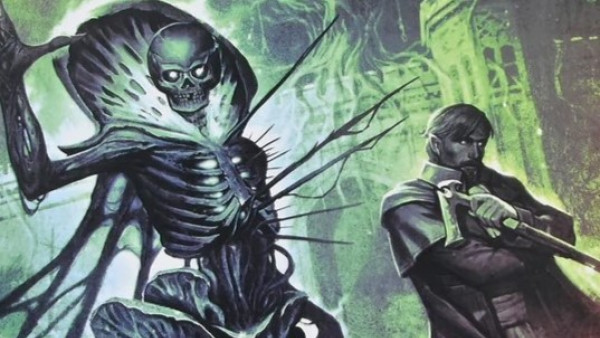
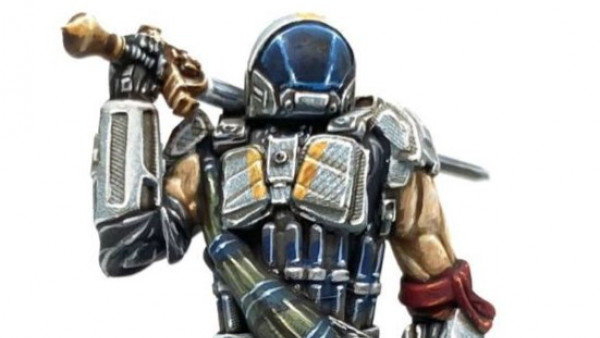
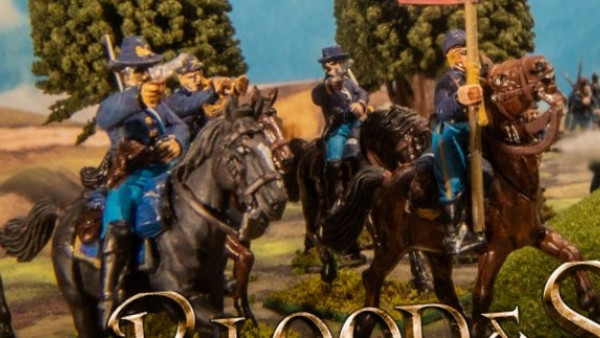
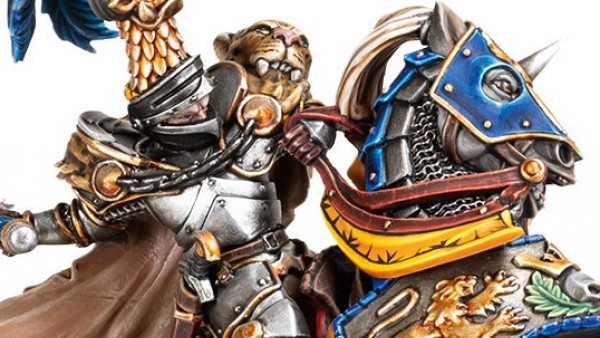
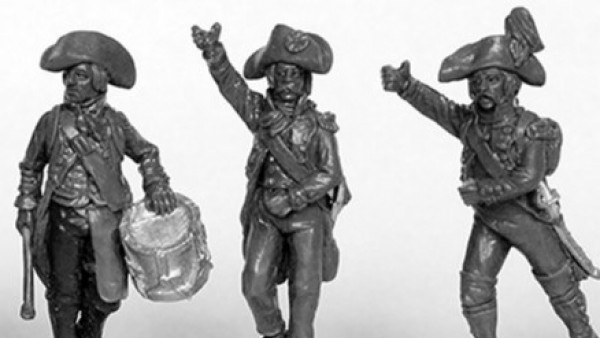
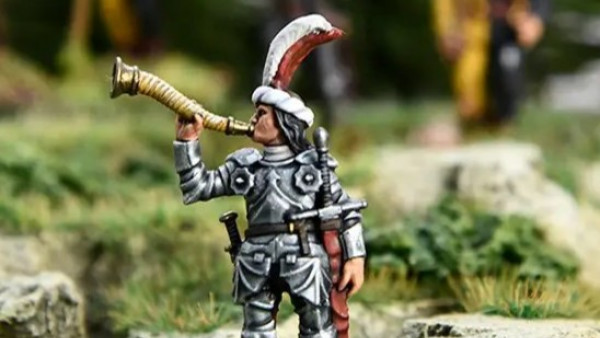

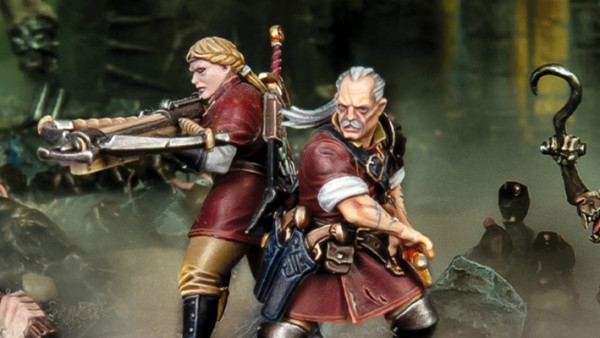
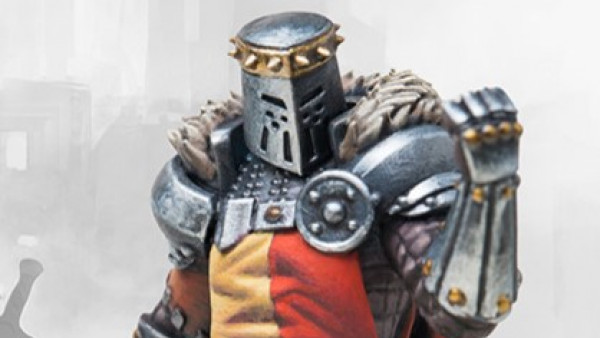
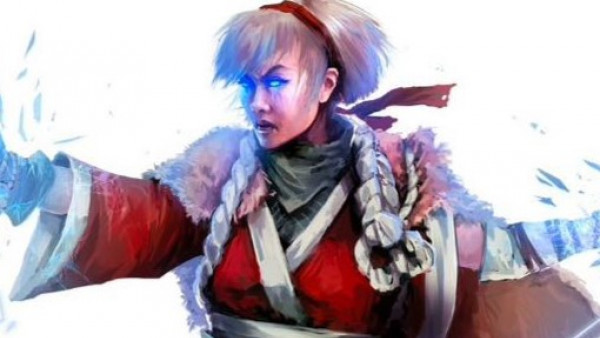

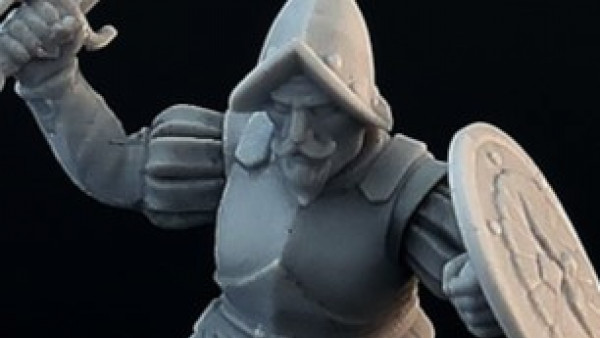

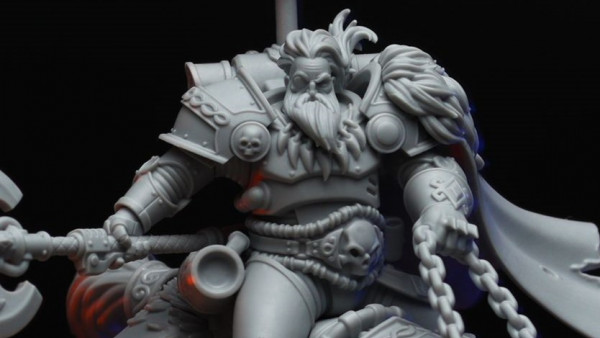

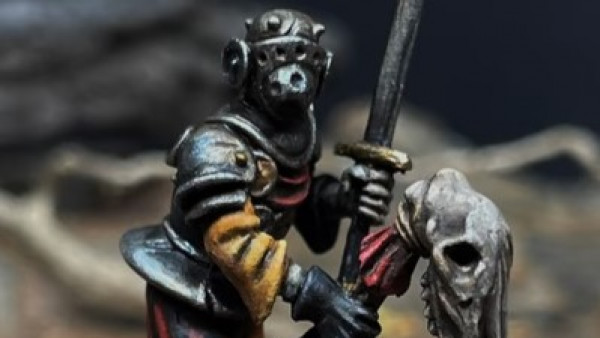

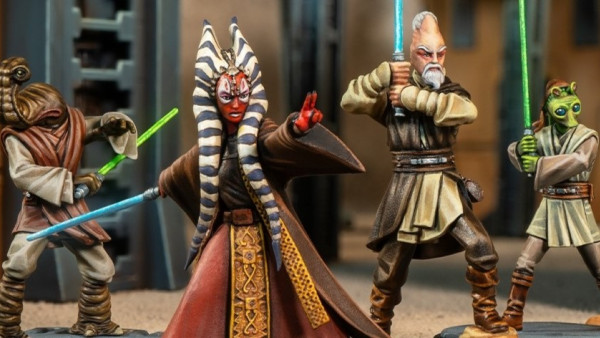
Never liked daleks… I wonder why
i want those 10mm daleks.
Nice article. I agree that the Dr. Who universe has a lot of potential and most of factions we already know. With the “Time War” playing such a large role in the modern Dr. Who it is perfect for a war game. I would guess that it would be a nightmare to get all the various owners of different aspects of the IP to agree to bring such a game to market.
Yeah, been talking to the Beeb. The licence is an impossible and another company already holds a similar licence. Whoever the company is I’m sure they can out spend a Painter and Decorator in the bid for the licence. 🙁
cheers Joel.
I’ve started getting involved with this, and its looking good fun.
I’d definitely say +1 on giving some help, even if like me your only able to read rules and ask dumb questions, at the moment.
Your helping AA! We will get you playing and you will directly influence this!
Yes 10mm daleks are what I’m looking for too…
This has lots of good points, but I must add something/disagree with something: THE most important part is passion; you have to absolutely love and care about what you’re creating. This is the difference between a good game and a great game. Yo,u need to go to bed thinking about it and get obsessed with it when you wake up; you need to tell anyone who asks about it until your voice breaks with excitement and you feel the magic in the air. It doesn’t matter what scale, setting or system you use; if you don’t love it, no one… Read more »
And yes, the Battle of Hoth has kept me up many a night recently! Especially the AT-AT power levels…
I quite like developing alternative history scenarios…sometimes I will create additional rules with the rule set I’m using so that they work in the alternate settings. As yet I haven’t gone down the route of creating my own rules, but myself and a friend have chucked around a few ideas recently. I may give it ago, sounds like a fun challenge.
Just do it mate, it’s a lot of work, but trust me, it’s worth it.
Just read your previous article too, and they’re both really inspiring. Although I do wonder about your assertion that home-brewing rules is a dying art. It seems thriving to me, with individuals and small groups / companies releasing stuff all the time, often – but not always – through platforms like kickstarter. Some of these are licensed games, and some are completely original, like Infamy, but as with your Time Wars game, they’re being created by people pursing a vision of turning their hobby ideas into a game. (Or in some cases, coming up with a game and a setting… Read more »
I suppose your right. The joy we have now is that other company’s can cope or excell with quality of minatures and so we do have more games and I hope this will mean that minatures at least start being more competitive price wise and defiantly have to have better rules than there rival. I think however, the younger genarashion (I sound so old saying that) are more likly to except a rule and stick with it and not ‘house rule’ also, younger people don’t seams to want to make say a new army list for an existing game. Let… Read more »
As someone who makes rule sets for my own games, this is quite a bit useful.
Personally I would love to play a 28-32mill doctor who skirmish or wargame. As a Dalekmaniac at heart I would love to play as the Daleks exterminating the Cybermen 🙂
Done that a few times with this rule set! Very interesting watching the battle unfold of these two races!!
Dr who a great idea! I also thought pirates of the Caribbean would make a great game.. There’s 5 or 6 factions from the films and they are all different
Tillzy, do it mate. Pirets of the Caribbean would be fantastic! Either 28-32mm character fights or… Not ship battles as such, but if you do 10mm you could get boats to scale for less than £30 ( http://models4hobby.co.uk/Ships-Boats/?page=2 ) You could do boarding actions and such! Do the rules mate and send them to me 😉